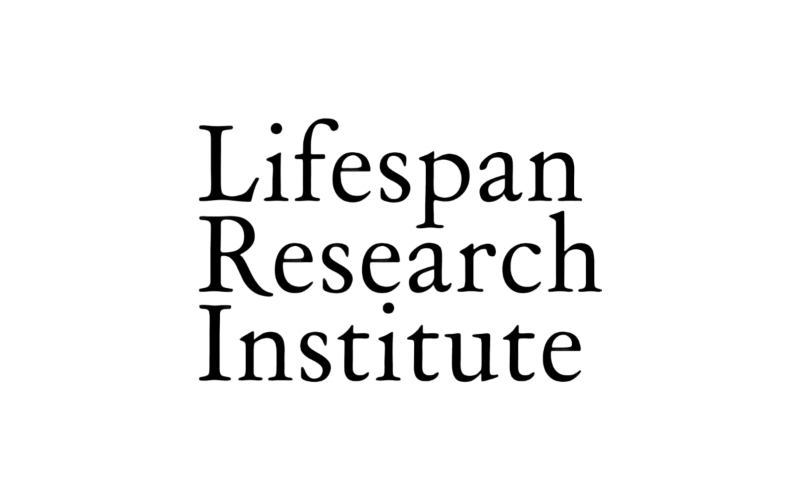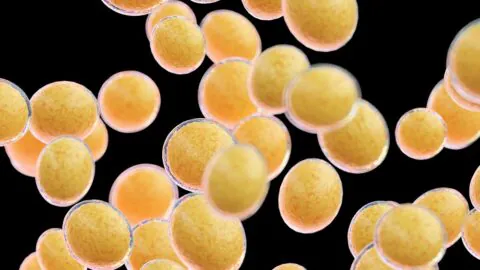Arkadi is a seasoned journalist and op-ed author with a passion for learning and exploration. His interests span from politics to science and philosophy. Having studied economics and international relations, he is particularly interested in the social aspects of longevity and life extension. He strongly believes that life extension is an achievable and noble goal that has yet to take its rightful place on the very top of our civilization’s agenda – a situation he is eager to change.
Related Organizations
Articles from this author
February 24, 2026
Scientists have discovered that, like brown fat, white fat has a mechanism that burns fuel to produce heat. This effect could potentially be used to create weight loss drugs [1]. Central heating Cells use energy to power various cellular processes, with heat being a byproduct. However, we might need additional heat to survive. Brown adipocytes...
February 20, 2026
A new system, which consists of a large LLM and a network of agentic tools, outperformed several other models and human physicians [1]. Too rare to easily diagnose Rare diseases can be notoriously hard to diagnose. Patients average over 5 years to receive a correct diagnosis, enduring repeated referrals, misdiagnoses, and unnecessary interventions in what...
February 17, 2026
Scientists have pitted five diets against each other to see which one is associated with more years of life gained [1]. The clash of the diets Unhealthy eating is recognized as a globally leading cause of death [2]. Surprisingly, few studies have actually evaluated the gains in life expectancy associated with adherence to a healthy...
February 13, 2026
Scientists have applied partial reprogramming to memory-encoding neurons (engrams) and achieved memory improvements in Alzheimer’s models and wild-type mice [1]. Rejuvenating neurons Partial cellular reprogramming, which uses certain factors to rejuvenate cells while maintaining their identity) has shown promise across various conditions and cell types, including neurons [2]. Rejuvenating these long-lived brain cells is imperative...
February 10, 2026
A new study links sleep loss to the thinning of the myelin layer, which slows signal transmission in axons. Restoring cholesterol homeostasis reverses the damage [1]. Sleep loss hurts myelin Sleep quality is a strong extrinsic determinant of longevity [2]. Not only does sleep loss affect cognitive function [3], it has also been linked to...
February 06, 2026
Life Biosciences has announced that its trial of cellular reprogramming aimed at two age-related vision diseases has received a go-ahead from the FDA. We spoke with the company’s CSO to get more details. Life Biosciences, the biotech company based on Harvard professor David Sinclair’s research into cellular reprogramming, stunned everyone last year by announcing that...







